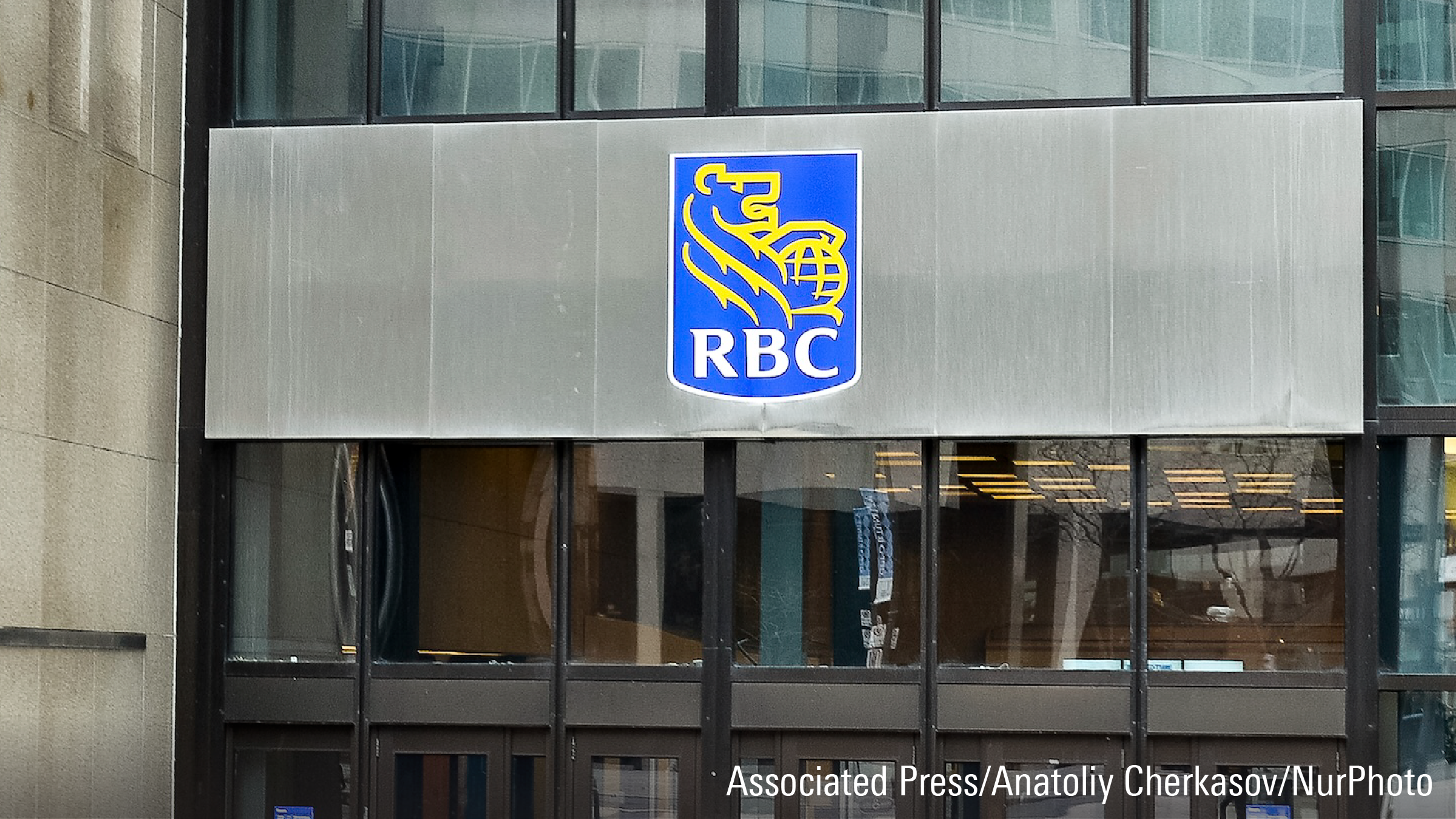
With the prime rate in Canada sitting at 4.70%, mortgage interest rates have been trending upwards rendering home ownership increasingly unaffordable for many Canadians. Unsurprisingly, rising rates have some homeowners feeling the urge to quickly pay down their mortgage to reduce the cost impact.
As with any financial decision, it’s important to take the emotion out of it and think through a strategy that will serve you well over both the short and long term. Putting extra payments towards your mortgage over and above your monthly amount can help. It reduces your total interest payments and could even shave a few years off your total amortization. But while paying down what is likely your largest form of debt may seem like the best way to relieve your money anxiety during challenging economic times, it is not necessarily the best way to funnel your hard-earned dollars.
When it comes to paying down a mortgage, is pre-payment the optimal strategy for you? Here are a few things to consider:
Understand the Terms of your Mortgage
When planning to make extra payments either monthly or annually, it is important to understand the terms of your mortgage. For instance, is there a penalty for paying more than the stated monthly amount towards your mortgage? Is your mortgage open or closed? Open mortgages allow an option for extra payments, while closed mortgages do not (but may include certain provisions for it). If you do have the option to pour in extra payments, is it on a flexible basis or only during prescribed periods such as the end of each year of your term? Is there a limit to the amount you can pre-pay? Before devising a pre-payment plan, be sure to review your mortgage terms to avoid penalties.
The Opportunity Cost of Pre-Payment
Houses are expensive and the debt portion has become more expensive with rising rates. If you are fortunate enough to have extra cash to put towards your mortgage, it’s important to first weigh your alternatives to ensure you maximize your money. Paying down principal and minimizing interest payments is worthwhile, but what if your money can earn more elsewhere?
By way of example, if you have three years left on your term and want to put $10,000 towards paying down your mortgage, you might save approximately $600 in interest (assuming a 2% fixed rate if you locked in before this year). Now consider a 4% GIC – not uncommon today – and your return doubles to about $1,200. An alternative strategy could be to park your money in a three-year GIC and use the returns as a lump sum payment upon mortgage renewal.
There are many other ways to optimize your money, including paying down high-interest debt like credit cards or taking advantage of the tax savings or shelter that come with registered accounts like the RRSP or the TFSA. While there are no guarantees, market lows could be the perfect time to buy stocks on ‘sale’.
Maintaining Liquidity
Though it may sound obvious, it’s also worth noting that throwing every last dollar at your mortgage means you might not have money left to meet other obligations. Do you, for instance, have money set aside to cover emergencies? Are you on track to meet your retirement goals? Do you have any large expenditures like trips or health-related expenses in the immediate future? It is important to take into consideration all of your upcoming goals and expenditures before making any pre-payments.
With rising interest rates, it may seem like the finish line is inching further and further out of reach. But it’s important to maintain perspective. Real estate is just one piece of the financial puzzle, and due to the sheer size of it (both physically and financially), it tends to overshadow other investment avenues that also deserve consideration. Like with any important financial decision, do your research, speak to an expert and make the decision that works best for your financial goals.




















